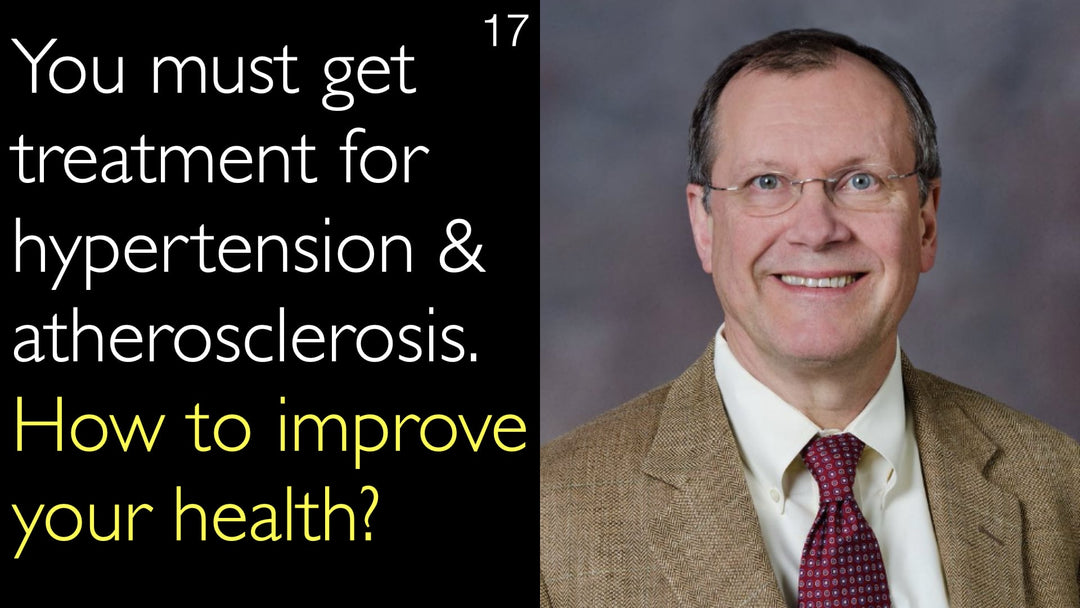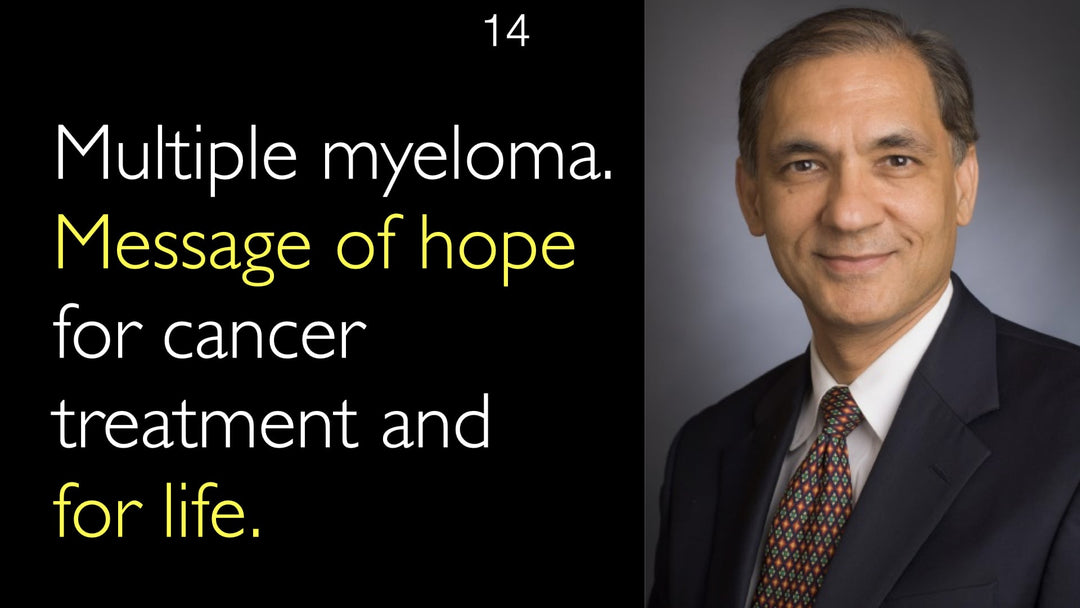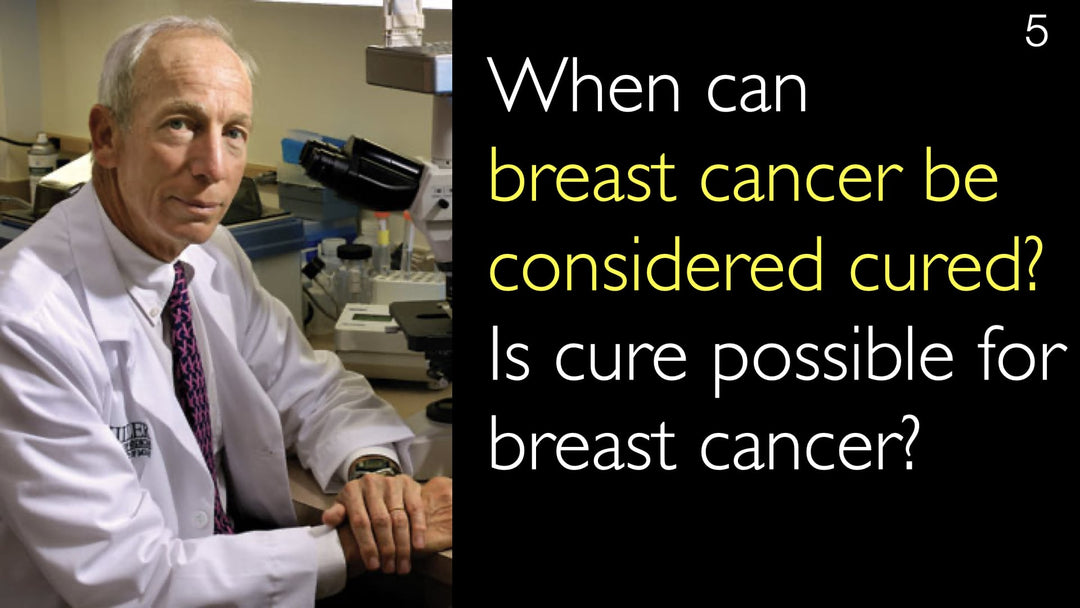Leading expert in immunology and rheumatology, Dr. Randy Cron, MD, explains the most surprising lessons from the COVID-19 pandemic. He discusses his incorrect prediction about vaccine development and his correct prediction about steroid use. Dr. Cron details the remarkable efficacy of mRNA vaccines and their rapid development. He also covers the unique cytokine storm in COVID-19 and the unexpected emergence of MIS-C in children.
Key Lessons from the COVID-19 Pandemic: Vaccine Breakthroughs and Treatment Insights
Jump To Section
- Vaccine Predictions Proven Wrong
- mRNA Technology Breakthrough
- Vaccine Efficacy and Safety
- Steroid Treatment Prediction Correct
- Unique COVID Cytokine Storm
- MIS-C in Children Surprise
- Full Transcript
Vaccine Predictions Proven Wrong
Dr. Randy Cron, MD, admits he was completely wrong about COVID-19 vaccine development. His skepticism stemmed from decades of experience with HIV research. "Vaccines have just not worked for HIV," Dr. Randy Cron, MD, explains. Many brilliant immunologists had tried unsuccessfully to develop an effective HIV vaccine.
This historical context led Dr. Randy Cron, MD, to doubt that vaccines would quickly impact the COVID-19 pandemic. He did not anticipate the rapid scientific breakthroughs that would occur.
mRNA Technology Breakthrough
The mRNA vaccine technology proved remarkably effective against COVID-19. Dr. Randy Cron, MD, expresses astonishment at this development. "The mRNA technology, even adenovirus vector, were quite remarkable," he states. These platforms enabled unprecedented vaccine development speed.
Dr. Randy Cron, MD, emphasizes that no corners were cut in vaccine development. Instead, massive funding allowed simultaneous research steps rather than sequential testing. This accelerated process maintained scientific rigor while delivering vaccines in record time.
Vaccine Efficacy and Safety
COVID-19 vaccines demonstrated exceptional performance characteristics. Dr. Randy Cron, MD, notes they achieved "over 90% efficacy with very low side effect rate." This exceeded most expert expectations for a novel coronavirus vaccine.
The vaccines proved particularly effective at preventing severe outcomes. Dr. Randy Cron, MD, emphasizes they have been "remarkable at preventing COVID or certainly preventing deaths or hospitalizations." For vaccinated individuals, these vaccines have been life-changing in their protective effect.
Steroid Treatment Prediction Correct
Dr. Randy Cron, MD, correctly predicted that steroids would help certain COVID-19 patients. This contradicted World Health Organization guidelines and colleague recommendations early in the pandemic. His perspective was informed by understanding cytokine storm syndromes.
"With the right timing and the right patient population, steroids have changed some lives," Dr. Randy Cron, MD, explains. This treatment approach eventually became standard care for severe COVID-19 cases experiencing hyperinflammation.
Unique COVID Cytokine Storm
The COVID-19 cytokine storm presented surprising characteristics. Dr. Randy Cron, MD, specializes in cytokine storm syndromes and found COVID-19's version particularly distinctive. "I was surprised at how different this particular cytokine storm is with COVID-19," he notes.
This unique inflammatory response required tailored treatment approaches. Understanding these differences helped clinicians develop more effective management strategies for severe COVID-19 cases.
MIS-C in Children Surprise
Multisystem Inflammatory Syndrome in Children (MIS-C) completely surprised pediatric specialists. Dr. Randy Cron, MD, explains that initially COVID-19 seemed less severe in children. "This MIS-C thing just completely took us by surprise," he admits.
Despite the seriousness of MIS-C, most children have recovered well with appropriate treatment. The emergence of this condition highlighted that COVID-19 affected pediatric populations differently than adults. This post-infectious inflammatory syndrome became a significant focus of pediatric COVID-19 research.
Full Transcript
Dr. Anton Titov, MD: Professor Cron, what have you learned from the COVID-19 pandemic?
Dr. Anton Titov, MD: What surprised you most over the course of the last two years?
I can't remember our conversation completely from a couple years ago. I was right and I was wrong. I was very wrong about vaccines.
Because I was working in AIDS, which I've done for a couple decades now. Some of the smartest scientists on the planet, including many immunologists, have tried to crack that nut. We've come a long way in terms of treating it and making it a chronic disease.
There are some rare cures, but for the most part, HIV is not curable, and vaccines have just not helped. Many people have tried; vaccines just not worked for HIV.
So I didn't have high hope that anytime soon, vaccines were going to make a difference. I could not have been more wrong.
The mRNA technology, even adenovirus vector, were quite remarkable. Who would have thought that vaccines would have had over 90% efficacy with very low side effect rate?
Unfortunately, we haven't taken advantage of them as well as we should have as a society. But for those people who have been immunized, vaccines have been life-changing in an incredibly short period of time.
That's not to say corners were cut; they weren't. They just were throwing money at it so that you could do stuff simultaneously as opposed to step after step.
But that, to me, was probably the most surprising thing is how amazing these particular COVID-19 vaccines have been at preventing COVID or certainly preventing deaths or hospitalizations. They've been remarkable at that.
Where I was probably right was early on. I did think despite the prior SARS and MERS, and World Health Organization, and some of my own colleagues telling me that steroids were dangerous for this.
With the right timing and the right patient population, steroids have changed some lives.
But again, I was surprised at how different this particular cytokine storm is with COVID-19. It's really relatively unique.
As pediatricians we were all shocked by MIS-C, because early on, we were like, "Okay, this may not be so bad for kids, the infection itself." It turns out some kids are hospitalized, but not nearly as many percentage-wise as adults.
But this MIS-C thing just completely took us by surprise.
But again, fortunately, those kids, even though it can be very sick, have done remarkably well.







